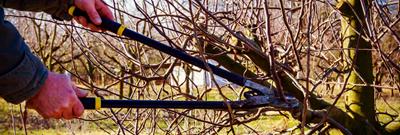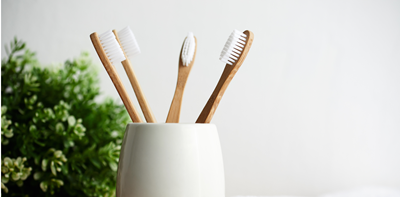
Saving water at home and in the garden can help you cut your bills, help the environment, and have plenty for your plants to drink, even if there’s a hosepipe ban.
Find out how to save water in your home and garden with our tips.
EASY AS HACK
Make sure there are no leaks in your plumbing, not even small ones – as leaks waste more water than you think.
At a glance
- Ditch the bath and switch to showers
- Make use of leftover cooking water
- Soak your plants instead of spraying them
1. Switch to showers
Switching from baths to showers is a really easy way to save water at home. A shower uses approximately half as much water as a bath so, providing you don’t shower for too long, you can end up saving a lot of water.
You can also invest in a low flow shower head. This aerates the water while keeping the pressure the same, meaning you use even less water overall.
2. Get a water butt
One of the best ways to save water in the garden is to get a water butt. The UK has around 150- 170 rainy days a year, the upside is there’s plenty of opportunity to collect and store water.
You can even connect a hose to your water butt to water the garden to make it easier. Plus, this doesn’t count if there’s a hosepipe ban as you’ll be using stored water, not water from a tap.
3. Use leftover cooking water
Preparing and cooking a meal typically uses a lot of water, but how much of it do you save afterwards?
Instead of running your veggies under a tap to wash them, you could use a bowl so you can save the water. You can then use it to water your plants.
You can also save your water from cooking and use that in the garden too, although you’ll need to wait for it to cool down before watering your plants.
4. Fix your leaks
It might not be a big leak, but even the dripping tap you’ve been meaning to fix can make a big difference. A dripping tap wastes around 5,550 litres of water a year, which will cost you approx. £30 [1]. That’s enough to fill a paddling pool every week during the summer.
5. Soak your plants (in the right place)
Soaking your plants at the root once or twice a week in hot weather is a lot better for them than watering them every day.
When you give your plants a light watering every day, most of that water evaporates. This isn’t just ineffective – it can also damage your plants depending on the temperature.
Instead, use a watering can or your hose to soak your plants at the root. The water will soak into the soil and the plant itself will prevent the water from evaporating.
Top tip: New plants need watering every day until they have established themselves.
6. Only do full loads in the dishwasher and washing machine
It might seem easier to put a little bit of washing on as and when you’ve got it, but it’s much more efficient to do a full load less often – you’ll be saving on both water and energy.
The same goes for your dishwasher. You should wait until you have enough to fill it completely before turning it on. Your dishwasher uses the same amount of water whether it’s full or not, so it’s best to get the most out of it and fill it up completely before switching it on.
7. Re-use your leftover ice cubes
If you’re cooling down on a hot summer day with an ice-cold drink, and you’ve got left over ice cubes, don’t throw them away or put them in the sink to melt.
Put them in your plant pots. You won’t be wasting any water, and your plants will get a nice cold drink too.
Tip: If you need to defrost your freezer, you can also use melted chunks of ice on your plants! just be careful they’re not too cold, as this can damage some plants.
Find out more about our Ageas home insurance.
Sources
[1] https://www.cambridge-news.co.uk/news/uk-world-news/common-household-issue-could-wasting-29355356


